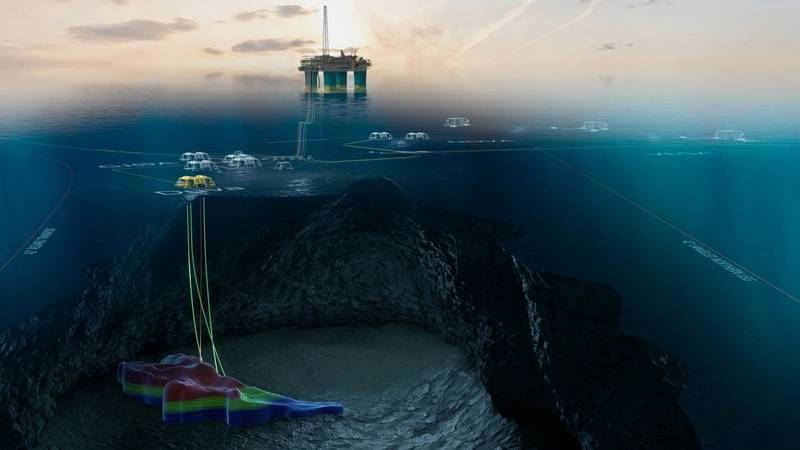
With increasing pressure on the oil and gas industry to cut its emissions footprint, Neptune Energy said it aims to go beyond net zero and store more carbon than is emitted from its operations and the use of its sold products by 2030.
According to the company, it is currently progressing a pair of carbon capture and storage (CCS) developments in the Dutch and UK sectors of the North Sea that it claims could store more than 9 million tonnes of carbon dioxide (CO2) emissions per year for third parties by the end of this decade, effectively excedeing its projected direct emissions and emissions from the use of its sold products.
Neptune, with its partners, is currently developing the L10 CCS project in the Netherlands, which could store up to 5mt of carbon per year. The company plans to have the project FEED-ready by the end of 2022, with a final investment decision due in 2023. First carbon injection could be in 2026. Neptune is also pursuing a CCS storage and appraisal licence in the UK, and further potential opportunities in the UK and Norway.
To help cut its emissions, Neptune aims to first lower its carbon energy production, focusing on electrification where it is economic to do so, and where the regulatory regime is supportive. Consequently, its short-term focus for electrification is in Norway. Neptune said that by the end of 2022, more than 35 kboepd of Neptune’s net annual production will be electrified. With further projects planned in Norway, the company aims to have around 50 kboepd electrified by 2027.
In addition to electrification, Neptune will focus on integrated energy hubs, using existing infrastructure and capability to integrate energy systems.
According to the company, this strategy provides an opportunity to drive offshore decarbonization, by extending the life of offshore assets and repurposing them to facilitate CO2 storage and hydrogen production, using domestic, lower carbon intensive gas or wind power. By extending field life, electrification could become more economic, helping decarbonize existing production further.
“Neptune has one of the lowest carbon intensities in the sector due to the steps we have taken already to reduce operational emissions," said Pete Jones, CEO of Neptune Energy. "We have both the infrastructure and the experience with electrification and CCS to now accelerate our ambitions. Gas will continue to play a crucial role in decarbonization globally, while also being vital for energy security. Our gas-weighted portfolio positions us well and we will use this to integrate energy systems, increasing CO2 storage, electrification and hydrogen production, with the aim of storing more carbon than we emit by 2030.”
In line with its ambitions, Neptune announced these changes to its executive management team:
 Photo credit Neptune Energy
Photo credit Neptune Energy